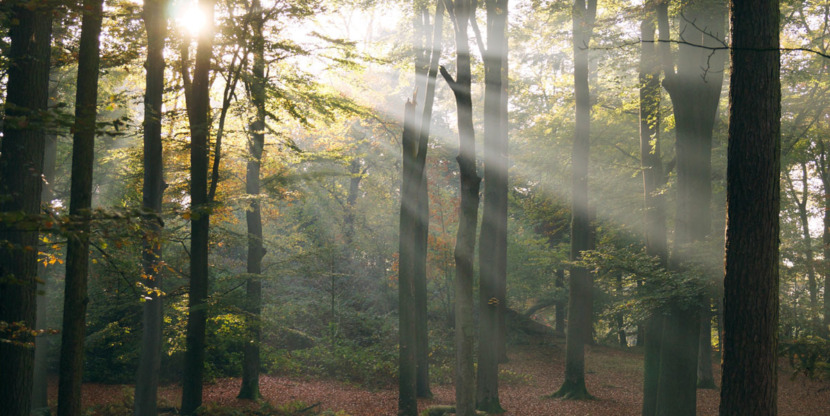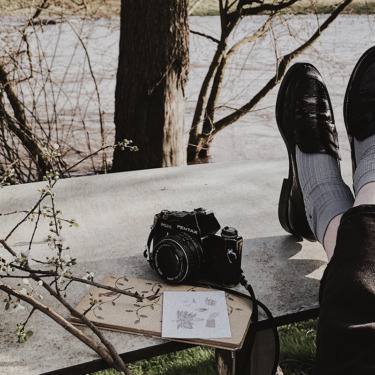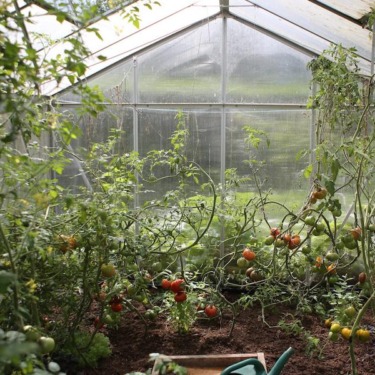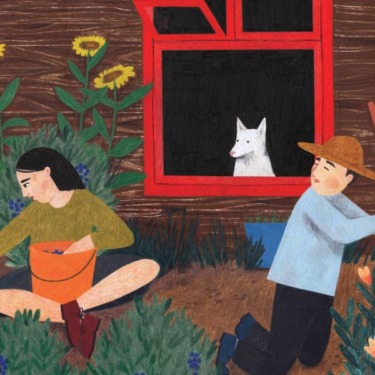Shinrin-yoku: immersing yourself in nature

The rustle of leaves, a drop of rain on your cheek, the fragrance of flowers. The Japanese call it ‘shinrin-yoku’: taking in the forest atmosphere, or ‘forest bathing’.
In the West the Japanese term shinrin-yoku is loosely translated as ‘forest bathing’ for lack of a better term. UK-based psychologist Tim Lomas categorizes it as one of the untranslatable words, because the real meaning is so much more complex, namely: the ‘relaxation that is obtained by immersing yourself in the forest, literally and figuratively’.
The concept was developed in Japan in the early 1980s and involves moving through the forest consciously and slowly, while trying to absorb everything around you. This form of meditative walking is currently taking the world by storm, simply because it has been proven to be a good way to reduce stress and improve your health.
Now you might be thinking, ‘No surprises there. We’ve known for a long time that walking in nature is good for you, haven’t we?’ That’s true, and a long walk through the woods is great for your health. But shinrin-yoku works on a different level and is also very easy to fit into our daily life. That’s how Dr Qing Li introduces it in his handbook on the how and why of this phenomenon: Forest bathing: How trees can help you find health and happiness.










